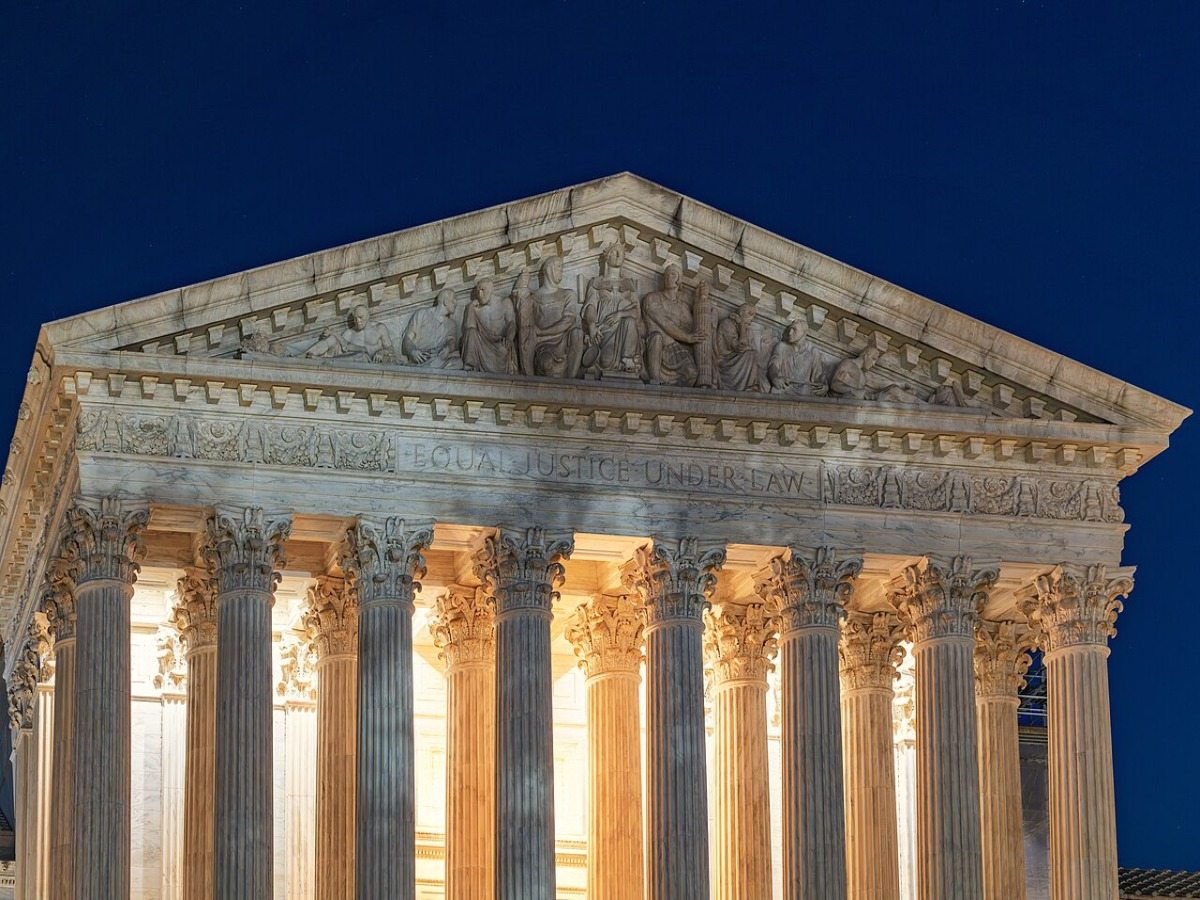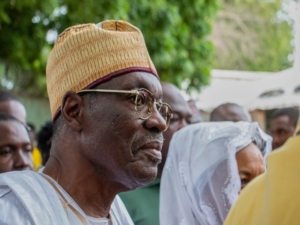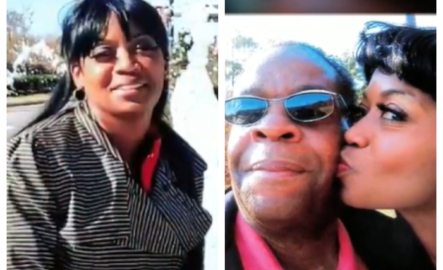The Supreme Court is once again preparing to weigh the future of the Voting Rights Act, this time hearing a Republican-backed challenge that could further weaken protections for Black voters. The case, centered on Louisiana’s congressional map, revisits one of the most substantial civil rights laws in U.S. history more than a decade after the Court dismantled a major part of it.
On Wednesday, attorneys representing Louisiana and the Trump administration will argue that the state’s second majority-Black congressional district should be eliminated, contending that race-based redistricting conflicts with the U.S. Constitution. Louisiana Attorney General Elizabeth Murrill defended the challenge, writing in court filings that “race-based redistricting is fundamentally contrary to our Constitution.”
The dispute has reignited political battles nationwide over redistricting, with President Donald Trump urging Republican-led states like Texas to redraw maps in ways that could strengthen GOP control of the House. A ruling for Louisiana could embolden those efforts and limit how courts can address racial bias in district lines.
READ ALSO: 60 years later, the Voting Rights Act faces a crossroads
At the center of the case is Chief Justice John Roberts, a longtime critic of race-conscious voting protections. As a young lawyer in the Reagan administration, he opposed portions of the Voting Rights Act, and as chief justice, he authored major decisions curbing its reach. In 2013, Roberts wrote the opinion striking down the requirement for states with histories of discrimination to seek federal approval before changing election laws, arguing that “our country has changed.”
Civil rights groups, however, insist that racial polarization in voting remains widespread. “Race is still very much a factor in current voting patterns in the state of Louisiana,” said Sarah Brannon of the ACLU’s Voting Rights Project.
The case began after Black voters and advocacy groups challenged Louisiana’s post-2020 census map, which had created only one majority-Black district out of six, even though the state’s population is about one-third Black. Lower courts sided with the plaintiffs, prompting the state to add a second such district following a 2023 Supreme Court decision upholding a similar challenge in Alabama.
That ruling, joined by Roberts and Justice Brett Kavanaugh alongside the Court’s three liberal justices, rejected Alabama’s attempt to rewrite legal standards for Section 2 of the Voting Rights Act. But a group of white Louisiana voters later sued, arguing the new map itself was unconstitutional because it relied too heavily on race.
The justices now must decide whether the intentional creation of a majority-minority district violates the 14th or 15th Amendments. These Reconstruction-era amendments were enacted to ensure political equality for formerly enslaved people and later formed the foundation of the 1965 Voting Rights Act.
READ ALSO: Mayor’s praise for Black hires sparks federal probe into Chicago’s hiring practices
Legal experts say the Court’s request for new arguments could foreshadow a broader decision, similar to its 2010 Citizens United ruling, which expanded corporate political spending. Former U.S. Solicitor General Donald Verrilli noted that the Court may use this case to sharply limit when federal courts can intervene in redistricting, unless intentional racial discrimination is proven.
If the justices rule that courts should no longer police racial bias in redistricting, state legislatures would gain sweeping authority over mapmaking, facing only state-level constraints. Even a single vote shift from the Alabama case could reverse that earlier decision.
Louisiana has since withdrawn its defense of the map, leaving the Trump administration aligned with the plaintiffs. The Justice Department’s support marks a departure from decades of bipartisan backing for the Voting Rights Act.
Louisiana once had two majority-Black districts in the 1990s before courts struck one down for overreliance on race. One of the current lawmakers from a contested district, Rep. Cleo Fields, said that without the Voting Rights Act, representation for Black Louisianans would have been impossible.
“They would never win election to Congress,” Fields said in an AP report, “but for the Voting Rights Act and but for creating majority-minority districts.”










